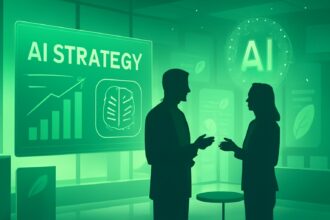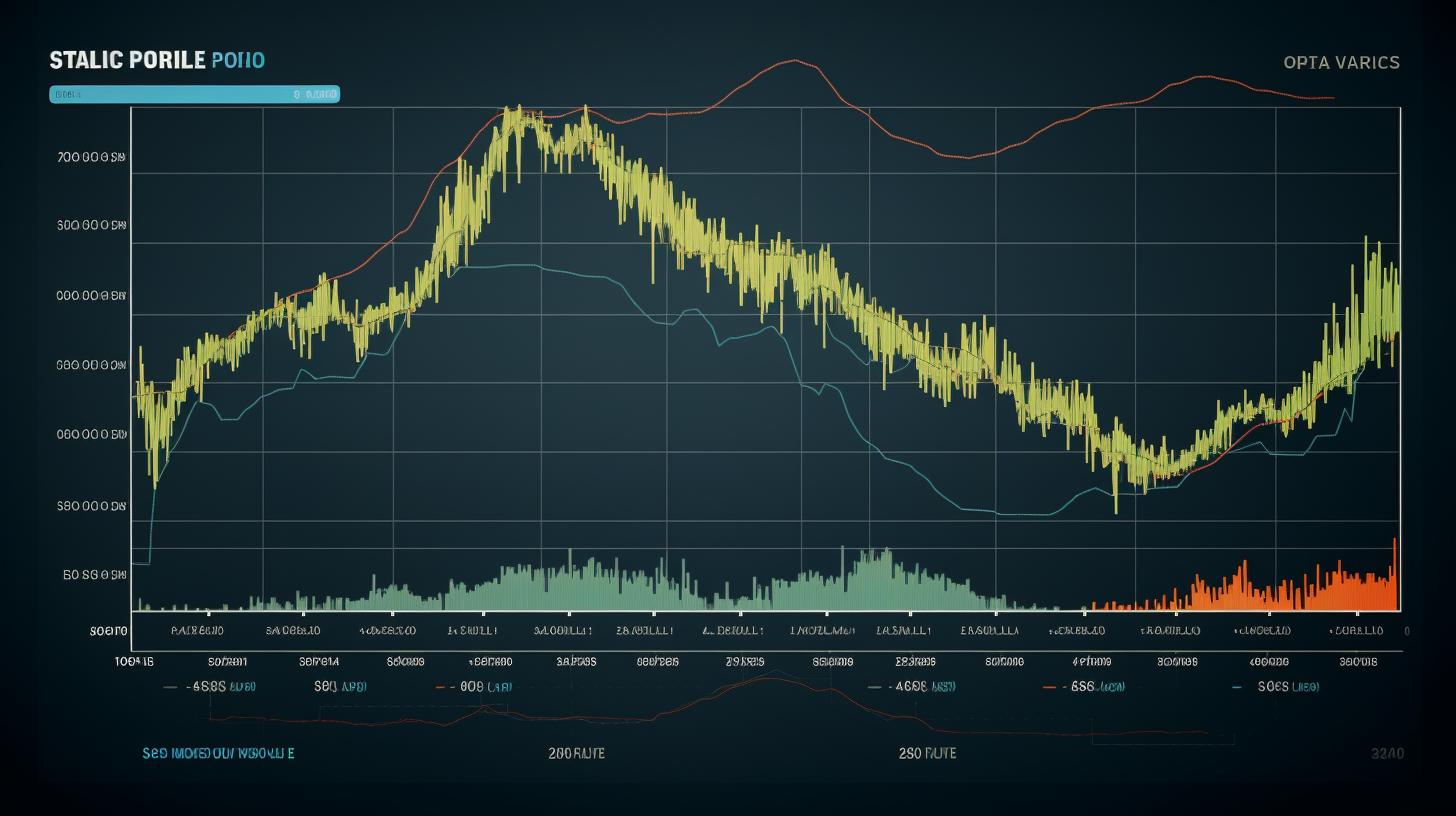AI Revolutionizing Supermarkets: Personalizing Product Selection, Reducing Food Waste, and Introducing AI-Powered Delivery Robots
Artificial intelligence (AI) has disrupted various industries, captivating the attention of business owners eager to harness its potential. Supermarkets, in particular, have undergone remarkable transformations with the integration of AI, resulting in increased profitability, enhanced customer satisfaction, and reduced overstocks. Here are some fascinating examples of AI implementation in supermarkets.
Personalizing Product Selection
In the fiercely competitive world of supermarkets, deciding which products to sell is a critical task. Supermarket buyers constantly strive to offer customers exclusive and delicious items. Embracing innovation, British supermarket chain Waitrose adopted an unconventional approach to product development. Instead of relying solely on market research data, they turned to an AI platform for valuable insights into customer trends and emerging flavors, particularly in Japanese cuisine. By combining AI-driven trends with internal sales data, Waitrose gained a significant competitive advantage in identifying products that would resonate well with their customers.
Reducing Food Waste
Minimizing food waste while providing customers with discounted goods creates a win-win situation for supermarkets. To combat this challenge, AI grocery store applications have emerged. By utilizing artificial intelligence, these apps assess the likelihood of selling products before they reach their expiration dates. They then suggest discounted prices to attract customers. This approach has considerably reduced the need for manual checks of nearly expired goods, streamlining the discounting process for supermarkets and making it more efficient.
Introducing AI-Powered Delivery Robots
The impact of AI in supermarkets extends beyond physical stores. Retail giant Carrefour implemented an AI grocery store delivery system for a corporate complex in Belgium. Employees could choose from a selection of 500 food items, which were then delivered to their workplaces by AI-powered robots. This service catered to individuals seeking quick and healthy meal options, all without leaving their offices. The success of this pilot program opens doors for expanding the service to larger cities, providing convenience to even more customers.
The possibilities of AI in supermarkets are vast. By leveraging this technology, supermarkets can personalize their product offerings, reduce food waste, and enhance customer experiences. As we continue to embrace the potential of AI, the future of grocery stores looks promising, with increased innovation and convenience for shoppers everywhere.
FAQ: Artificial Intelligence in Supermarkets
1. How can AI personalize product selection in supermarkets?
AI platforms provide valuable insights into customer trends and emerging flavors, enabling supermarket buyers to identify exclusive and delicious items that resonate with their customers. This approach goes beyond relying solely on market research data, allowing supermarkets to offer personalized product selections.
2. How does AI help reduce food waste in supermarkets?
AI grocery store applications assess the likelihood of selling products before their expiration dates, using artificial intelligence. By suggesting discounted prices for nearly expired goods, supermarkets can minimize food waste while providing customers with discounted goods, creating a win-win situation.
3. Can AI be used for delivery services in supermarkets?
Yes, supermarkets are exploring AI-powered delivery systems. For example, an AI grocery store delivery system was implemented in Belgium. AI-powered robots deliver a selection of 500 food items to employees' workplaces in a corporate complex. This service provides quick and healthy meal options without individuals needing to leave their offices.
Artificial intelligence (AI) is the simulation of human intelligence processes by machines, particularly computer systems, to perform tasks that commonly require human intelligence. An AI platform refers to a software platform that utilizes AI techniques and algorithms to process data, generate insights, or perform specific tasks. Market research data refers to information collected through surveys, interviews, or other methods to gain insights into consumer behavior, market trends, and preferences. Emerging flavors are new or trending tastes and flavors that gain popularity and appeal to consumers.
Analyst comment
Positive news. The integration of AI in supermarkets has led to improved profitability, enhanced customer satisfaction, and reduced overstocks. AI helps personalize product selection, reduce food waste, and introduce AI-powered delivery systems. The future of grocery stores looks promising with increased innovation and convenience for shoppers.













